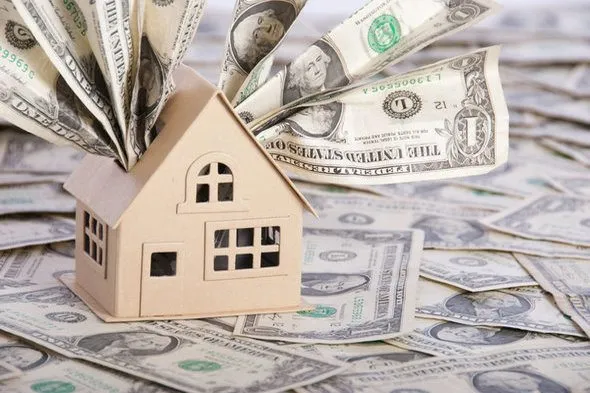Paying property taxes is inevitable for homeowners, but for many homeowners, property owners are included in mortgage payments. The amount each homeowner pays per year varies depending on local tax rates and a property’s assessed value (or a yearly estimate of a property’s market value). If you are unsure of how and when you must pay real estate taxes, know that you might be paying them along with your monthly mortgage payments.
A financial advisor can help you put together a plan for your home buying goals. Speak with a financial advisor who serves your area today.
Paying Taxes With a Mortgage
Lenders often roll property taxes into borrowers’ monthly mortgage bills. While private lenders who offer conventional loans are usually not required to do that, the FHA requires all of its borrowers to pay taxes along with their monthly mortgage payments.
To determine how much property tax you pay each month, lenders calculate your annual property tax burden and divide that amount by 12 months. Since their numbers are only estimates, some lenders require their borrowers to pay extra money each month in case the property tax payments come up short. If you end up paying more property taxes than needed, you will receive a refund. If you underpay your property taxes, you will have to make an additional payment.
When you pay property taxes along with your mortgage payment, your lender deposits your property tax payment into an escrow (or impound) account. When your property taxes are due to the county, your lender uses the funds in that escrow account to pay the taxes on your behalf.
Both you and your lender should receive a notice from your local tax authority. If you do not, it is best to contact your lender and tax authority to ensure your property taxes are being paid on time.
How to Check If Property Taxes Are Included in Your Mortgage
The easiest way to check if your property taxes are included in your mortgage is to review your monthly mortgage statement. Look for a line item labeled “escrow” or “escrow payment.” If you see this, your lender is likely collecting money to cover property taxes and possibly homeowners insurance. The total monthly payment should show how much is going toward your loan principal, interest and escrow.
You can also check your loan closing documents, specifically the Loan Estimate or Closing Disclosure. These documents outline whether your mortgage includes an escrow account and list the estimated amounts for property taxes. If your loan includes escrow, your lender collects and manages those payments as part of your monthly bill.
Another way to confirm is to contact your loan servicer directly. They can tell you if your mortgage payment includes taxes and provide a breakdown of what your monthly payment covers. If you have an online account with your lender, the escrow activity and balance may also be listed there.
Finally, if you are unsure whether your property taxes have been paid, you can call your local tax assessor’s office or check your property tax account online. These records show the status of your payments and list the name of the payer. If your lender pays your taxes, its name will appear on the account.
Why Can’t I Just Pay Property Taxes Myself?

Including your property tax payments in your mortgage payments protects your lender. If a homeowner is forced into foreclosure, the lender will likely have to pay the remaining property tax amount. That is why failing to pay property taxes is considered an event of default, allowing your lender to foreclose on your property.
While some homeowners would rather pay property taxes themselves, rolling your tax payment into your mortgage payment allows you to avoid shelling out large amounts of money to tax collectors once or twice a year. Some lenders might even offer to lower your interest rate when you choose to pay your property taxes through an escrow account. Besides, you usually can only pay your own property taxes if your loan-to-value ratio is low (i.e., somewhere below 80%).
What Happens When You Pay Off Your Mortgage?
Once your mortgage is paid off, your lender will not be collecting payments from you anymore. At that point, paying property taxes becomes your responsibility.
Sometimes, lenders let their borrowers start paying their taxes directly before their mortgages are paid off. This might happen if you have paid down a significant portion of your principal loan balance.
Bottom Line

If you are looking to buy a home in the near future, you may need to speak with your potential lender about paying property taxes. Most likely, your property taxes will be included in your monthly mortgage payments. While this may make your payments larger, it will allow you to avoid paying a thousand dollars (or more) in one sitting. And with your lender’s help, you can ensure your property tax payments are made in full and on time.
Tips for Buying a Home
- A financial advisor can help you create a financial plan to account for your home buying plans. SmartAsset’s free tool matches you with vetted financial advisors who serve your area, and you can have a free introductory call with your advisor matches to decide which one you feel is right for you. If you’re ready to find an advisor who can help you achieve your financial goals, get started now.
- When you buy a home, you’ll need to factor in property taxes as an ongoing cost. SmartAsset’s property tax calculator will help you estimate how much you will have to pay.
Photo credit: ©iStock.com/carebott, ©iStock.com/DragonImages, ©iStock.com/monkeybusinessimages
